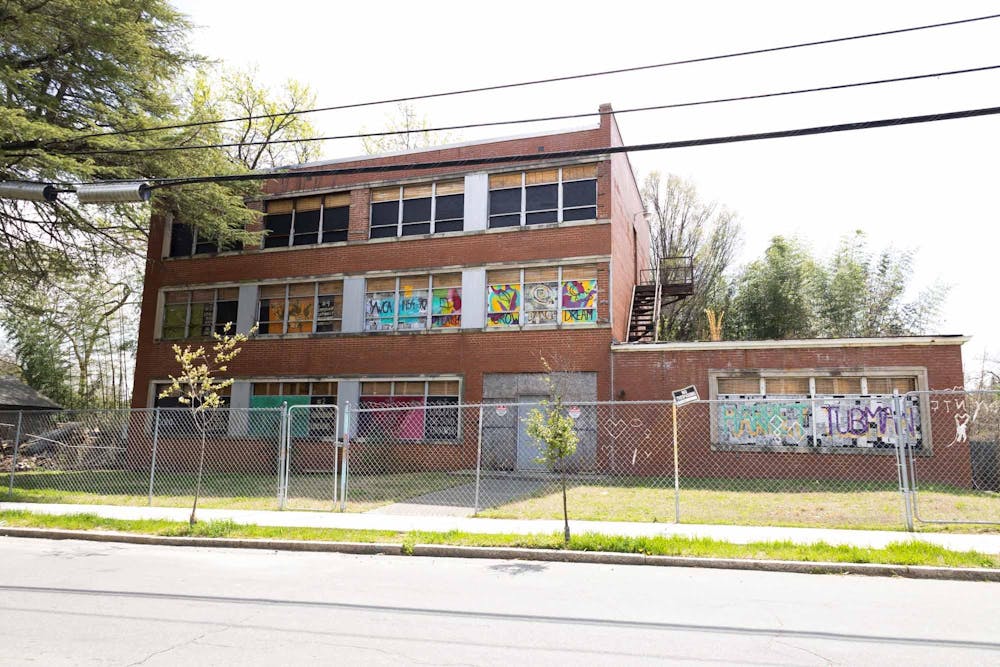On March 27, the North Carolina Department of Natural and Cultural Resources announced several new sites added to the National Register of Historical Places — the federal government’s list of historically significant locations — including the Harriet Tubman YWCA in Durham.
According to a press release by the Department, the YWCA is recognized for its importance to Black heritage, civil rights and its unique architecture. From 1953 to 1978, the building was a vital community center in the Hayti neighborhood — a Black community that was displaced by highway construction in the 1970s — where residents organized for social and political change.
After ceasing operations in the 1970s, Durham issued a demolition order in 2015, but the order became void and Reinvestment Partners, a Durham-based nonprofit, bought the Harriet Tubman YWCA in 2019.
Reinvestment Partners Chief Executive Officer Peter Skillern said during periods of segregation, the building provided housing for single women training to be nurses at Lincoln Hospital, hosted social and cultural events and played a key role in organizing for civil rights in Durham.
He said the nonprofit is currently restoring the building to create 17 affordable housing units while also preserving its historical value as required by the National Register, which mandates keeping most of the original architecture intact.
The nonprofit partnered with community groups and a consultant to prepare the application for the National Register, Skillern said. He said the City of Durham, Durham county, the National Park Service and U.S. Congress provided funding for the restoration.
“It is rare to receive this designation, so it is newsworthy,” Skillern said. “This building and this history is [being] helped and being preserved.”
According to the State Historic Preservation Office, after applicants submit information about potential historical sites, the office submits nominations to the National Register, which includes nearly 3,000 sites in the state.
Reginald Johnson, director of Durham’s Community Development Department, said Durham values both its history and its progress by preserving landmarks and facilities that honor the past while moving toward the future. The recognition is especially meaningful in the historical Hayti community, and acknowledging the sites helps set a model for the community he said.



